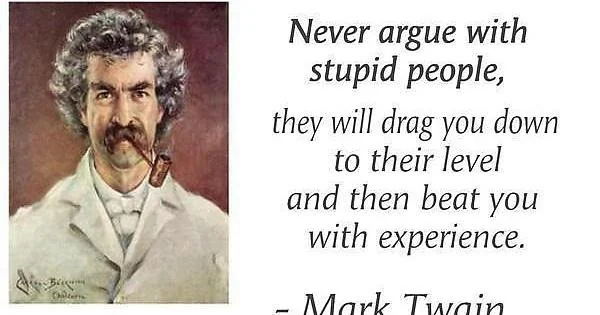0x1c8c5b6a
01
License
When discussing “website license,” it’s important to distinguish between a few related concepts:
- Website Content License Agreements:
- These agreements deal with the rights to use content that appears on a website. This could include text, images, videos, software, and other forms of intellectual property.
- Essentially, it’s a contract where the owner of the content (the licensor) grants permission to another party (the licensee) to use that content on their website, under specific terms and conditions.
- Key aspects of these agreements include:
- Scope of the license: What specific content is covered?
- Exclusivity: Is the license exclusive or non-exclusive?
- Term: How long does the license last?
- Payment: What are the fees and payment terms?
- Restrictions: What are the limitations on how the content can be used?
- Website Terms of Use/Terms of Service:
- These are agreements between the website owner and its users that govern how users can interact with the website.
- While not strictly a “license” in the same way as a content license, they often include provisions related to:
- User conduct: What actions are allowed or prohibited?
- Intellectual property: How website content can be used.
- Limitations of liability: What the website owner is responsible for.
- Privacy: How user data is handled.
- Software Licenses:
- Websites often use various software components, and these components are typically governed by software licenses.
- These licenses dictate how the software can be used, modified, and distributed.
- Examples include open-source licenses (like GPL or MIT) and proprietary licenses.
In summary, a “website license” could refer to:
- A contract for using content on a website.
- The terms of use that govern how users interact with a website.
- The licenses that apply to the software used to build and run a website.
It is important to remember that legal advice should be sought when creating or entering into any legal agreement concerning website licensing.


